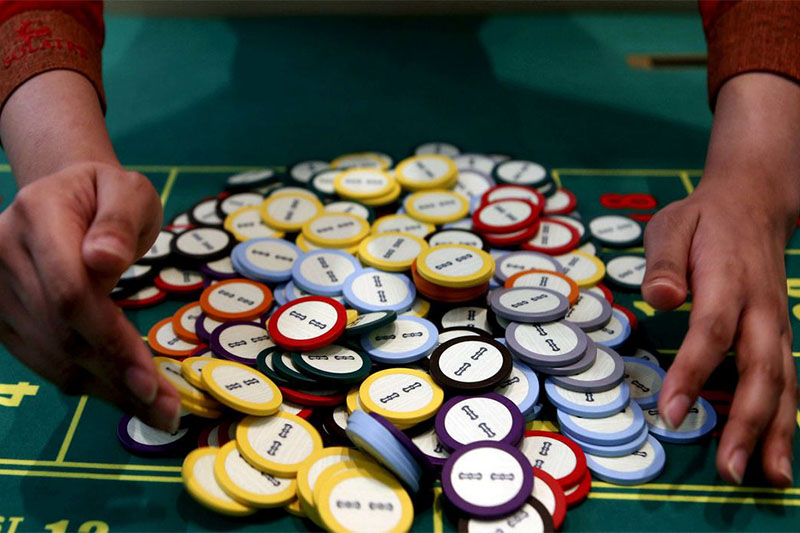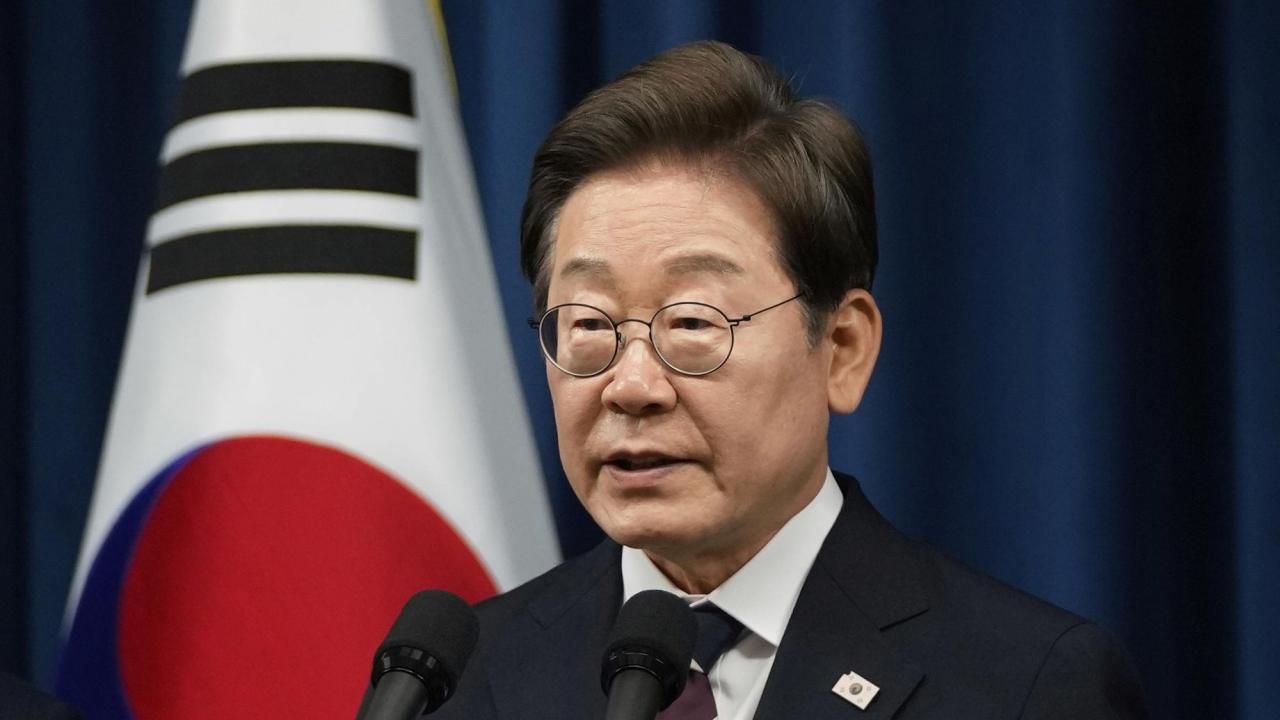The number of transactions decreased after PAGCOR asked e-wallet suppliers to stop connecting their services to gambling sites.
Highlights:
- PAGCOR’s Chairman says online gambling transactions might be down by 50 percent.
- He wants more rules for online gambling, but does not fully support a complete ban.
- He puts the blame on foreign websites for illegal gambling, saying they control over 60 percent of the Philippine market.
Alejandro Tengco of the Philippine Amusement and Gaming Corporation explained that online gaming transactions are down about 50 percent. This change happened after the central bank, Bangko Sentral ng Pilipinas (BSP), told e-wallet companies they must stop linking their apps to gambling platforms directly. Bangko Sentral made this demand during a Senate committee meeting on 14 August. E-wallet providers had 48 hours to remove gambling connections from their systems. Senator Alan Peter Cayetano questioned why the process would require two days, since unlinking could be done right away.
Effect of BSP’s Order on Online Gambling
Even with that question, the action had a strong effect. In a budget briefing, PAGCOR’s head stated, “From Sunday to yesterday, online gaming transactions fell by perhaps 50 percent.” Also, President Marcos Jr did not discuss a total ban on online gambling in his State of the Nation speech. Later, he remained uncertain about the topic, waiting before the 2026 budget was set. Tengco pushed against making online gambling illegal in the country, saying if the Government stops legal gambling, only illegal companies will benefit, and there will be less revenue for the state.
Foreign Websites and Regulatory Response
He said illegal websites now make up more than 60 percent of the total market. To help control growth, the regulator is working on new laws. Tengco pointed to foreign gambling sites that target players in the Philippines as the main cause of illegal activity. PAGCOR is working together with both the Department of Information and Communications Technology (DICT) and the Philippine National Police’s (PNP) cybercrime unit to solve the problem.

 Companies
Companies 





